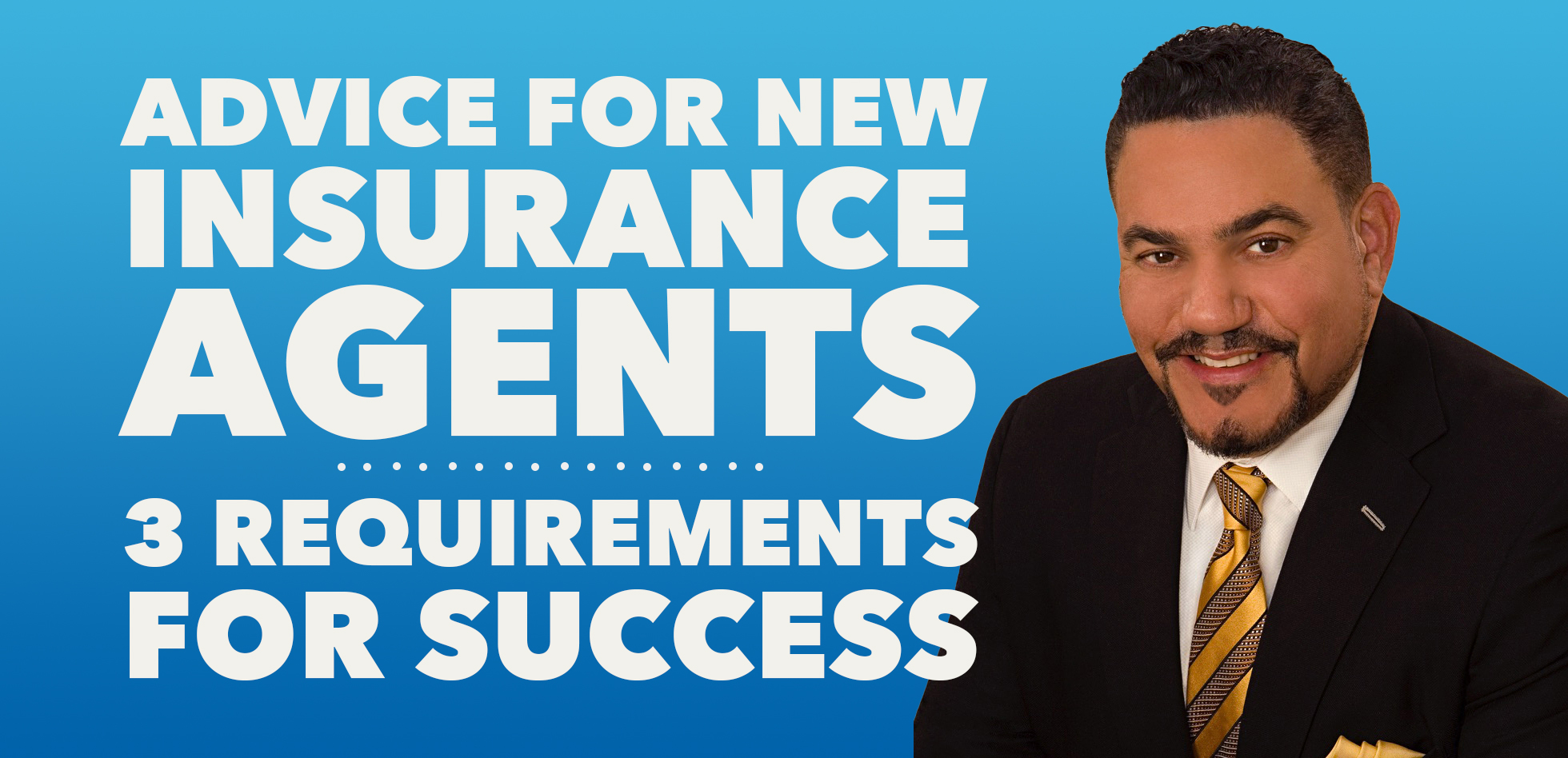Whether you are a team leader, a family member, or simply one of the more experienced agents in your brokerage, you may be called upon to mentor a new agent in your office. This is a great opportunity for you to think through aspects of your business that you may not have thought about in years and to figure out how and why you do the things you do each day. By mentoring young agents, you can experience professional growth and expand your influence in your market.
Why be a mentor to a real estate agent?
There are a variety of reasons you might choose to act as a mentor for a new real estate agent in your office or market. These can include the following:
- A personal or familial relationship with the mentee that makes you want to help them launch their business successfully.
- A desire to help grow your team or brokerage by onboarding and nurturing new talent.
- An opportunity to grow your income if your brokerage offers downlines and other incentives for recruitment and performance.
- An opportunity to grow your influence in your local market by getting to know and impact the next generation of real estate professionals.
Strategies for effective mentoring
When you’re already a great real estate agent or broker, you may assume that your skills in contracts and negotiations will automatically translate into a positive mentoring experience. However, it’s important for you to think through your goals for the mentoring relationship and the steps it will take to accomplish them.
Look for a good personality fit
People sometimes assume that becoming a mentor or mentee is as easy as saying, “Do you want to?” However, in reality you’ll want to connect on a personal level so that you’ll be better able to communicate and work together toward your common goals.
Spend time getting to know each other
If you don’t know each other well, start by taking some time to discuss your lives, professional experiences, and plans for the future. Knowing each other on a more personal level can lay the groundwork for a positive relationship and help you find commonalities that can get you through any rough patches.
Develop a plan for growth
When you set out on a journey, you first need to map out a route or set your GPS. In the same way, you don’t just want to jump into your mentorship. You’ll need to develop long-term and short-term goals as well as milestones that will help you gauge your progress.
These may include continuing education classes that the mentee needs to complete, post-licensure requirements, and any other training. In addition, you’ll need to emphasize the development of consistent daily, weekly, and monthly habits and practices that lead to success.
Lead by example
If there are aspects of your own real estate practice that are less than ideal, you need to get those under control before you become a mentor. “Do as I say, not as I do” does not work for this type of professional relationship. Make sure that you are executing appropriately and consistently so that you can provide guidance backed by proven performance.
Don’t solve problems
It may sound counterintuitive, but your role as a mentor does not involve jumping in and solving problems for your mentee. It may be frustrating, but it’s vital for you to spend time talking through difficult situations rather than taking care of everything on their behalf. This way, your mentee can learn by doing, which will help to reinforce the new skills they’re developing.
Set healthy boundaries
In order to preserve the professional side of your relationship, it’s important to set healthy boundaries, no matter how much fun you’re having or how well you get along. You are not best friends, nor are you your mentee’s parent. You should have a clear delineation between professional and personal conversations, and set limits on the amount of time you spend together on the phone and outside of the work environment.
Provide opportunities for growth
It can be easy to jump in and do everything for your mentee, especially when you can do it more quickly and easily yourself. However, they’ll never learn that way. Instead, look for aspects of your professional practice that you can turn over to your mentee so they can grow their skills. Try to think back to your own early days in real estate and the valuable lessons you learned along the way, then try to provide similar opportunities for your mentee.
Look for teachable moments
It can be tempting to complain or shut down when things are going wrong or when a client is behaving poorly. However, this is exactly the type of situation that will provide exceptional learning opportunities for your mentee. Keep it together, and talk your mentee through the situation, putting them to work when and where it’s appropriate, so that they can learn from real-life experience.
Confront problem behavior
It can be difficult to call someone out when they are behaving unprofessionally. You may be afraid of damaging your relationship or offending your mentee personally. However, they need to be told if there are problems you’re seeing. Part of your responsibility as a mentor is to communicate the bad as well as the good, even when it’s difficult.
Be a connector
Make use of the time that you have with your mentee to help them build a robust professional network. Take your mentee to meetings with you, introduce them to people around the office, and set up lunches with other agents in your market. If there are freelancers to whom you outsource aspects of your work, introduce them, as well, so that they can grow their businesses and provide needed support to your mentee.









 Apple Podcasts
Apple Podcasts
 Google Play
Google Play
 Spotify
Spotify















